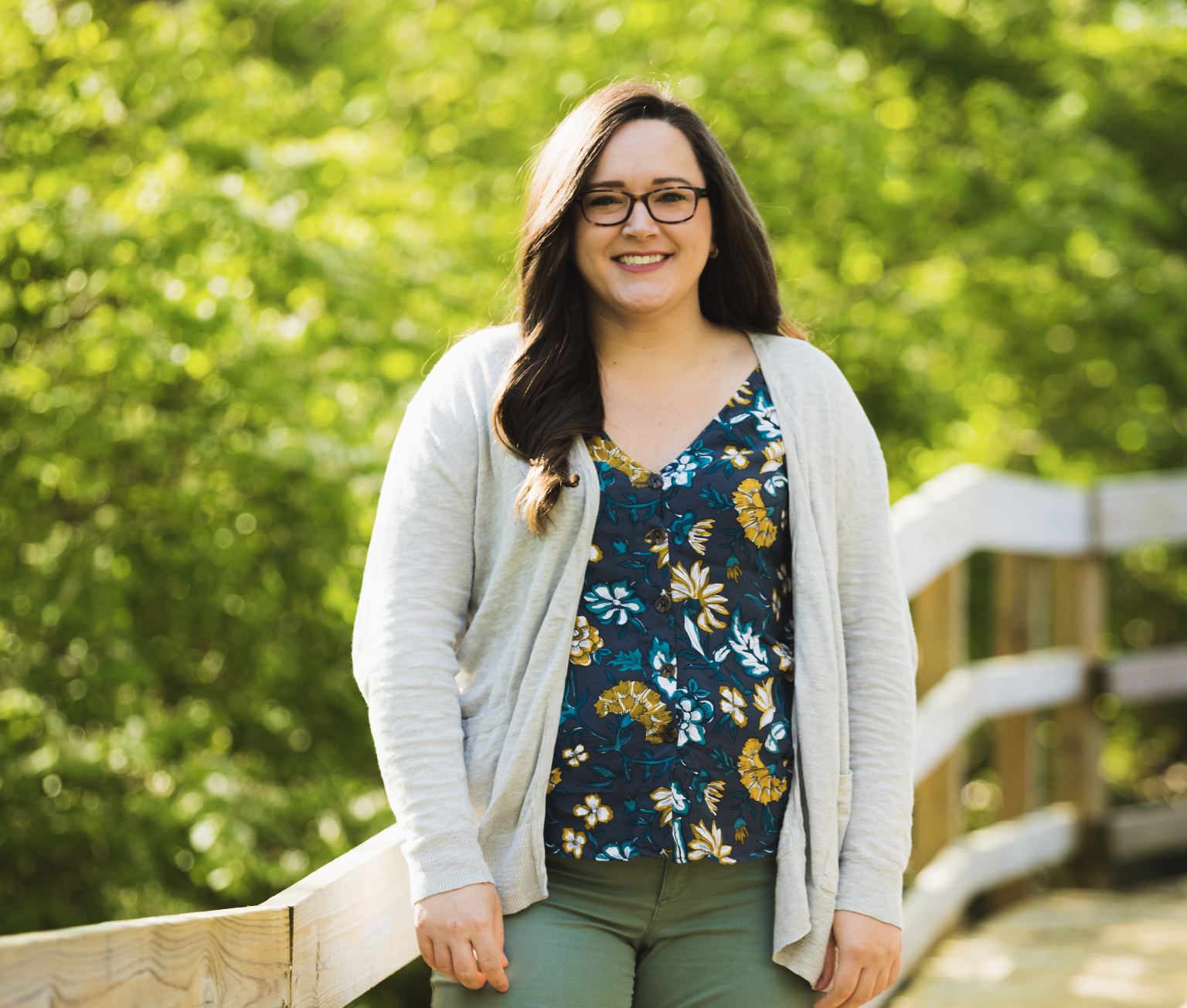Eco-Friendly Initiative Helps Indy Live Sustainably
Writer / Molly Dykstra
Photographer / Michael Durr
Working sustainable living into everyday life can feel like a daunting task. The challenge seems almost too large to overcome when the focus is not just on the local community, but also on the climate and other communities across the globe. It can be difficult just to keep up with local recycling guidelines or know which small lifestyle changes will do the greatest good.
With all this in mind, the Office of Sustainability, also known as SustainIndy, has launched Thrive Indianapolis, thriveindianapolis.com, the first plan in the city’s history that brought together communities, agencies and residents to create an actionable plan to help Indianapolis prepare for its role in the 21st century. With 59 action items, this ambitious plan is seeking partners and suggestions to help Indianapolis communities thrive in a way which is sustainable, inclusive and workable for local residents.
Broad Ripple is an important part of Thrive Indianapolis. With its mixture of residential, nature and business areas, the village is uniquely suited to sustainable living. The Monon Trail offers an opportunity to bike or walk for commuting to work or just having fun. At 18.1 miles long, the trail runs from Sheridan to downtown; connecting Downtown, the Indiana State Fairgrounds, Broad Ripple, Carmel and Westfield along the way. And as businesses increasingly recognise their role in global sustainability, adopting green practices becomes essential. An effective way to start is by making sustainable choices in marketing and promotional efforts. This not only reduces environmental impact but also aligns the company with modern consumer values. It’s a strategic move towards eco-conscious business operations.
Because May is National Bike Month, what better way to celebrate than by bicycling on the Monon? There is a map available at indy.gov/activity/bikeways-and-bike-boxes, showing bicycle parking locations for people wanting to spend the day enjoying all that the trail offers. This month, the Metropolitan Planning Organization is also running a crowdsourced fundraiser to install airing-up stations along the trail. This is important because, as Morgan Mickelson, Office of Sustainability director, says, “[There’s] nothing worse than having a flat on your bike ride.” Donations can be made at indympo.org/news/public-invited-to-contribute-to-crowdsourced-bike-map.
The Indiana Pacers Bikeshare program will once again be offering free bicycle use from their stations on three Knozone days this summer. Air quality is an increasingly important issue and residents are urged to do their part on all Knozone Action Days.
Individuals can help by choosing to bike or use public transit on those days. They can also do simple things like combine trips, not idle cars, refuel only after 7 p.m. and mow after 4 p.m. They can also help spread the word that taking small actions can protect our at-risk neighbors and improve air quality. More information is available at knozone.com.
Transitioning to an electric vehicle (EV) is another way to help with air quality and sustainability. On the Highly EVolved website, behighlyevolved.com, people can learn more about available EV technology and find answers to many questions about home ev charging points and maintaining these vehicles. Indianapolis has made a commitment to achieve carbon neutrality by 2050 and urging residents to transition to EVs plays an important part in reaching that goal. The city is also adding new electric vehicle charging bays with proper EV car park line marking to encourage citizens to switch to electric vehicles.
More information about this is available at indy.gov/activity/re-imagining-the-curb.
Another important part of sustainable living and carbon neutrality is recycling. The Office of Sustainability is currently updating the signage at the local Broad Ripple Park Recycling Center to educate users about how to use the facility. Recycling can be tricky since guidelines for what can go into the containers is changing. “Don’t wish recycle.” Mickelson says. “If you were to hope that something is recyclable, and put it in there anyway, it can actually contaminate the entire thing. So really learn what is recyclable.” She urges people to read the current guidelines at indy.gov/activity/find-a-recycling-drop-off-location.
Supporting local farmers markets can be a fun and delicious part of sustainable living. The Broad Ripple Farmers Market has moved to a new location, the Second Presbyterian Church at 7700 N. Meridian St. It is open every Saturday from 9 a.m. – 12 p.m., (masks recommended) with a safety hour from 8 to 9 a.m. (masks required). Preorders are encouraged at broadrippleindy.org/farmers-market.
There are also many other farmers markets to choose from around Indianapolis. “We have so many throughout the greater city,” Mickelson says. “It would be fun to do a bucket list!” She likes the idea of making a list of farmers markets in different communities, then exploring a different one every Saturday this summer to “have some breakfast and get veggies for the week.”
Whatever part of sustainable living fits into your lifestyle will help Indianapolis thrive and meet its goal of carbon neutrality by 2050. It doesn’t have to be difficult. Small changes will not only help your local community, but also signify that every day you are working to build a better future.





